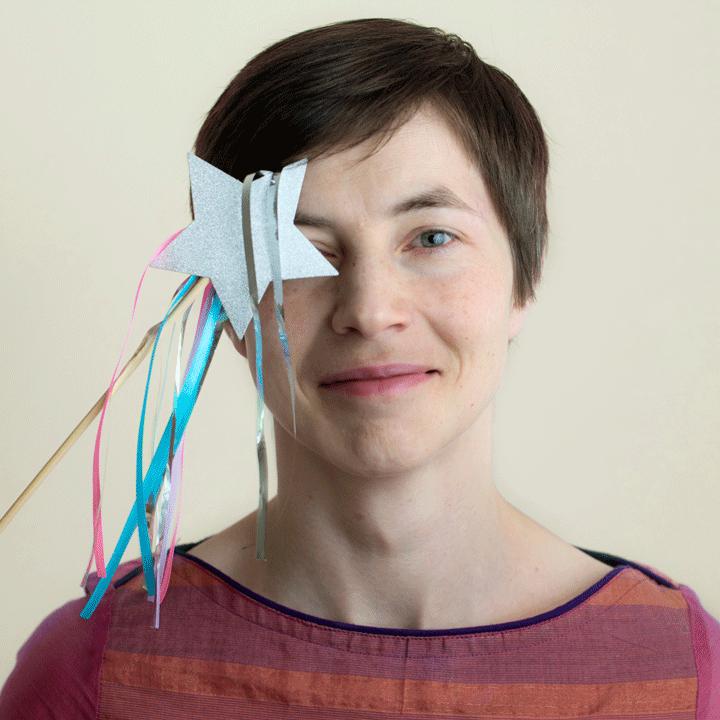2024 April 03
Testing times
One of the challenges that we face in Labs and Research at Crossref is that, as we prototype various tools, we need the community to be able to test them. Often, this involves asking for deposit to a different endpoint or changing the way that a platform works to incorporate a prototype. The problem is that our community is hugely varied in its technical capacity and level of ability when it comes to modifying their platform.










